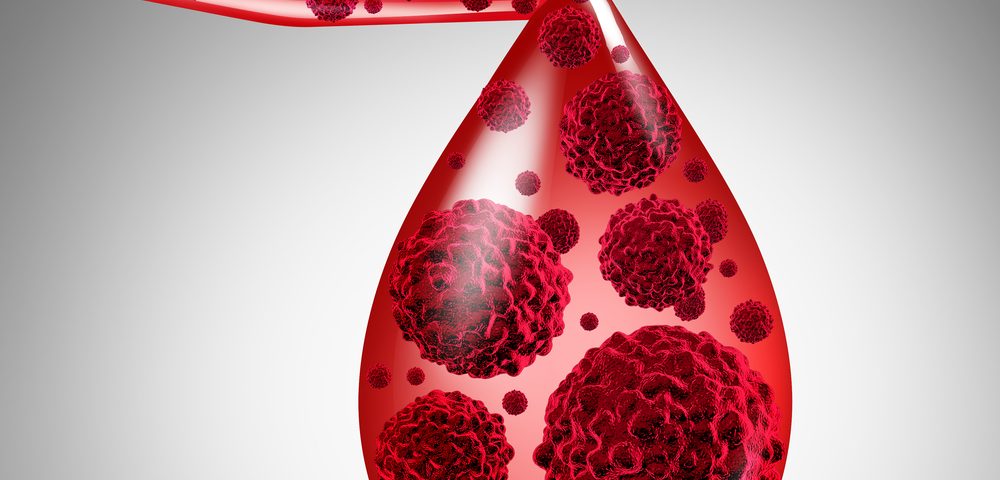The calcium-binding protein calretinin is useful as a blood-based biomarker with high sensitivity to detect malignant mesothelioma, finds a study, “Calretinin as a blood-based biomarker for mesothelioma,” that appeared in the journal BMC Cancer.
At present, in order to diagnose a patient with mesothelioma, a pathologist extracts either tissue or cellular material and then examines it using a method called immunohistochemistry. But a panel of biomarkers must be analyzed, since no individual marker is specific enough to accurately detect every single case of mesothelioma.
Early detection could significantly help the prognosis of patients, given that early therapy improves survival. Since the process of diagnosis is lengthy and cumbersome — requiring a pathologist and invasive procedures — diagnosis through simple procedures such as a blood test could significantly improve rates of early detection. That means doctors need new and more sensitive blood-based biomarkers to aid in detection of mesothelioma.
Previous studies have shown that the protein calretinin, expressed on the mesothelial cell surface, is overexpressed in patients with mesothelioma. It has also been found to help mesothelial cells proliferate and migrate.
Georg Johnen and his colleagues at Germany’s Ruhr-Universität Bochum had conducted a prior study showing that in a small number of samples, mesothelioma patients had higher levels of calretinin than did healthy individuals. In the current study, Johnen’s team conducted a case-control study in Australian and German men who either had mesothelioma or who had been exposed to asbestos — the main cause of mesothelioma.
The team collected serum and plasma samples from each participant and measured their levels of calretinin mesothelin, which is an established biomarker for this tumor. Researchers detected calretinin in all major types of mesothelioma, except for the sarcomatoid subtype, in both the Australian and the German cohort.
At a pre-specified specificity of 95 percent, calretinin had a sensitivity of 71 percent, compared to mesothelin at 69 percent. The use of calretinin together with mesothelin increased the sensitivity of detecting mesothelioma through a blood test from 66 to 75 percent.
This study verified calretinin as a blood-based biomarker for detection of mesothelioma. In fact, both calretinin and mesothelin correlated closely with the incidence of mesothelioma, particularly when used together — leading researchers to recommend that calretinin be used in a biomarker panel to increase the sensitivity of blood tests in order to improve and supplement diagnosis of mesothelioma.



One comment